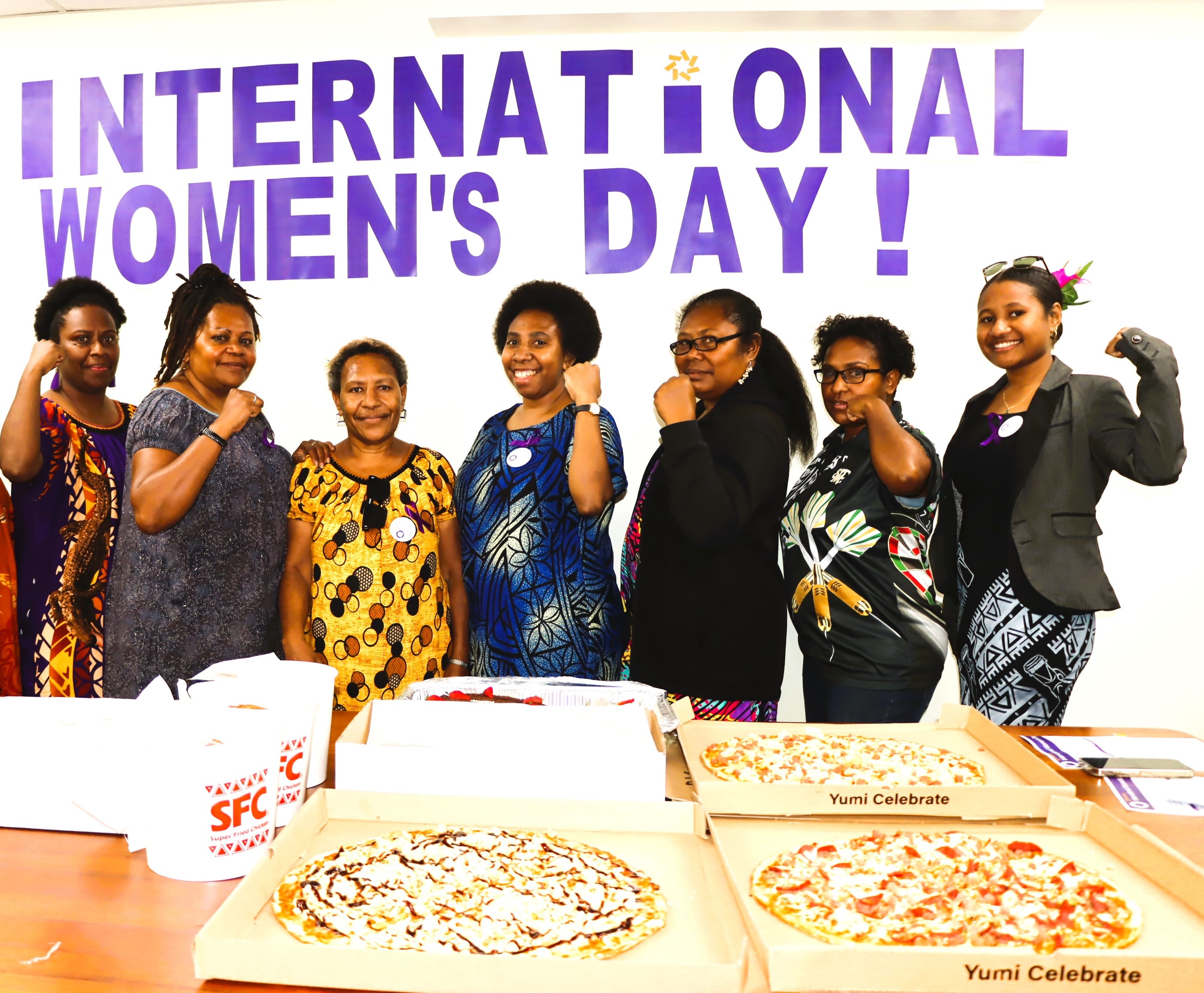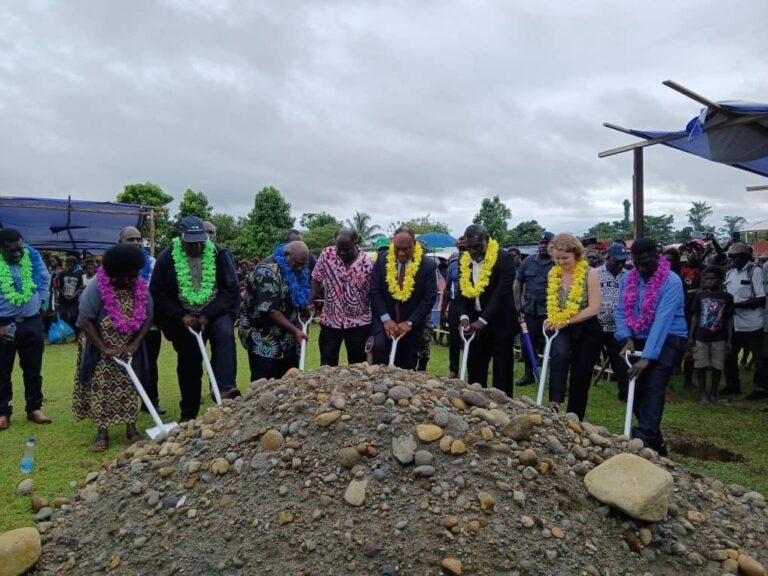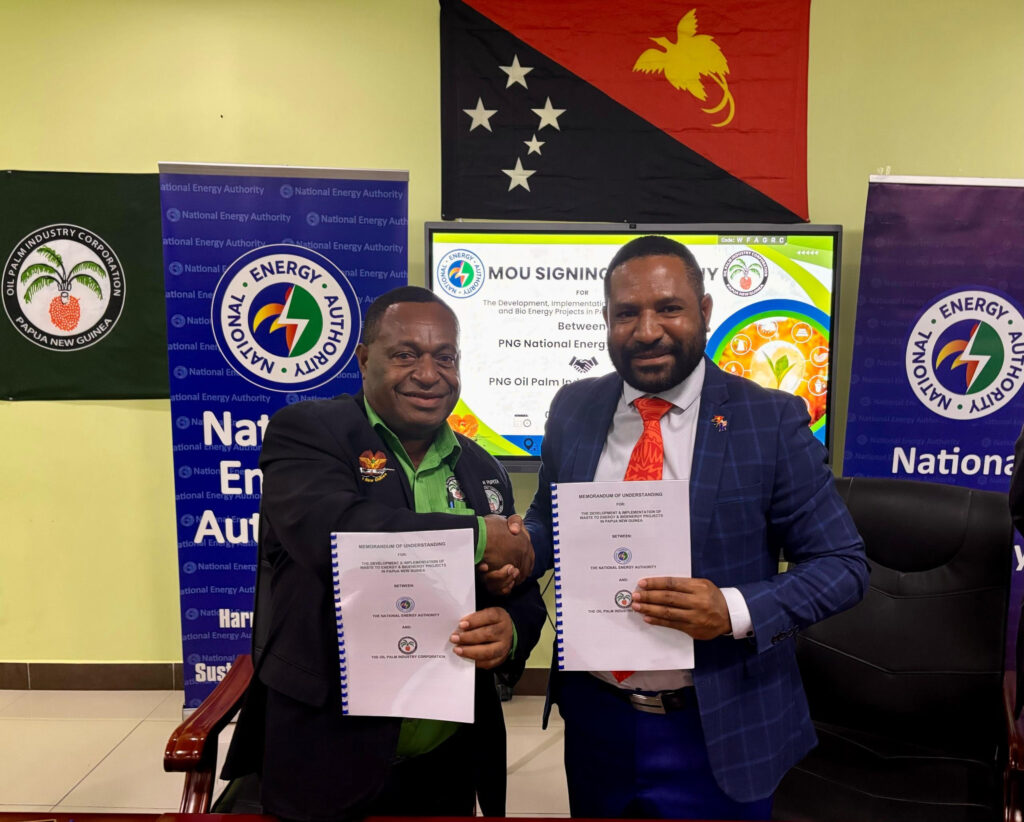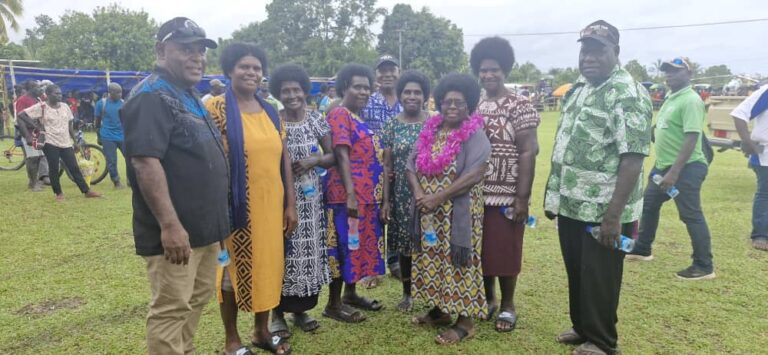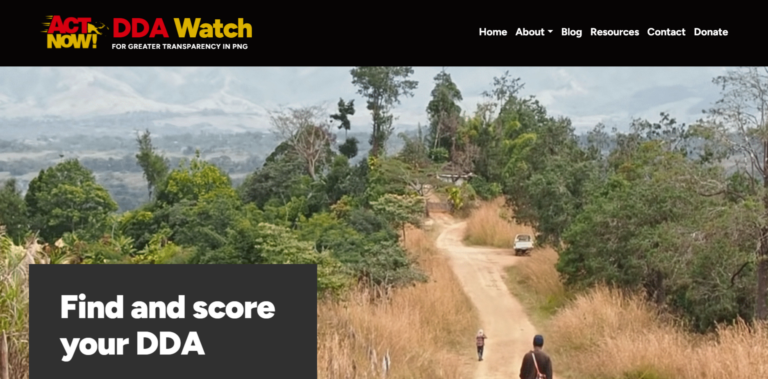A marketing strategy closer to the hearts of many ordinary Papua New Guineans who dream of a owning a modern-day home.
Trukai Industries began the promotion “Roots: Win Your Own Home” on the 7th of October 2024.
“Loyal” Roots Rice customers were given the chance to get entry tickets from selected 10kg of Roots Rice purchased.
They then filled out the entry form before dropping it into an entry bin at any of the 406 participating stores across the country.
The major draw initially scheduled for the 12th of March, had to be deferred due to transportation delays with third party service providers.
Trukai Industries confirmed all entries were received by Friday 21st March, and announced a new draw date on the same day.
Today, the much-anticipated draw took place in Lae at Raumai-18, in Kokopo at Echo Supermarket, in Mt Hagen at Tininga Rainbow Supermarket, and Port Moresby at Stop and Shop, Central Waigani.
Hundreds gathered at the 4 locations, eagerly anticipating the draw, with the Trukai team adding to the excitement with fun games and prizes to entertain the waiting crowd.
The grand prize was on everyone’s mind as they witnessed the draw of a three-bedroom Bumbu Range Kit Home valued at over K132, 000.
Popular YUMI FM legend, Kasty was on hand as master of ceremony – announcing the names of the winners as the draw was done.
The lucky winners for each kit home are as follows:
Southern Region Winner: IAMO RIGANA
Momase Region Winner: MADILA JOHN
Highlands Region Winner UKUT INAKO
New Guinea Islands Winner: PAULINE SIMAHUN
Trukai Industries Regional Sales Manager for the Highlands region, Peter David, thanked all Roots consumers for their participation, and the individual outlets who supported the promotion.
“We recognized the growing demand for housing in both urban and rural areas and wanted this promotion to give our loyal Roots consumers a real opportunity to own a house of their own,” he said.
Trukai Industries Marketing Manager, Peggy Maha, also extended her congratulations, highlighting the positive responses to the promotion despite the delays in the final draw.
“We thank our customers for their patience and understanding over the last two weeks, as they have waited for us to confirm a draw date.
“We are happy that all entries were received, and all participants across the country were given a chance to win this kit home.
“Our consumers are very important to us, and we are proud, knowing that we have made a difference to the lives of four Papua New Guinean families today. Once again congratulations to all our winners,” Maha said.





